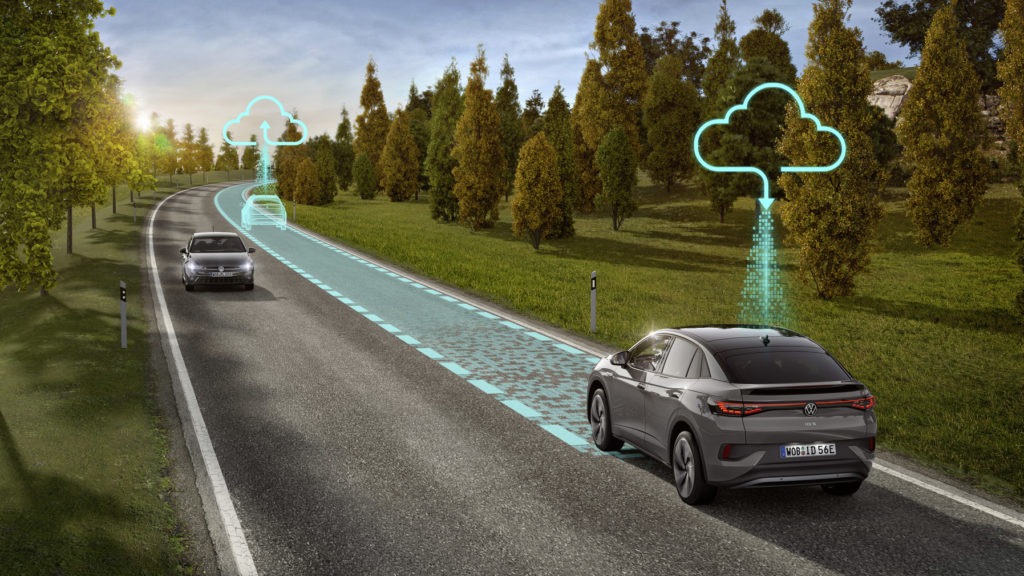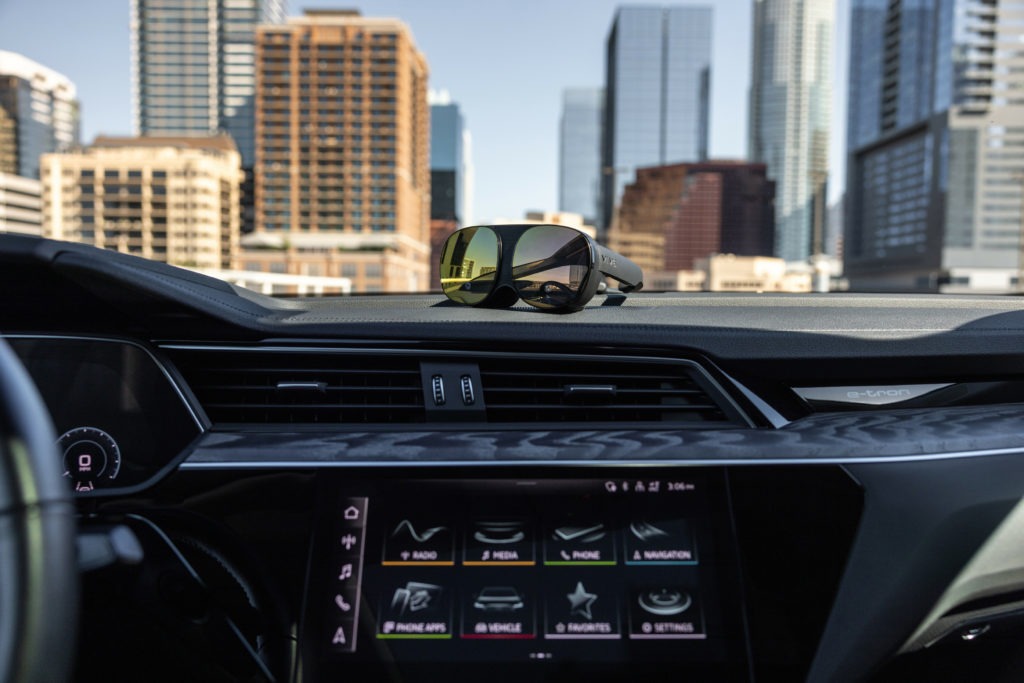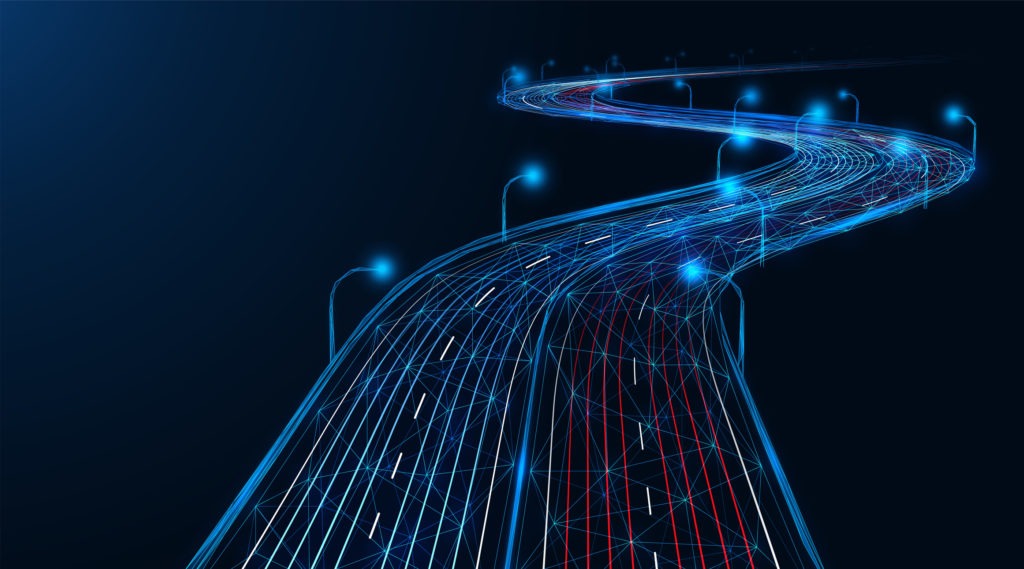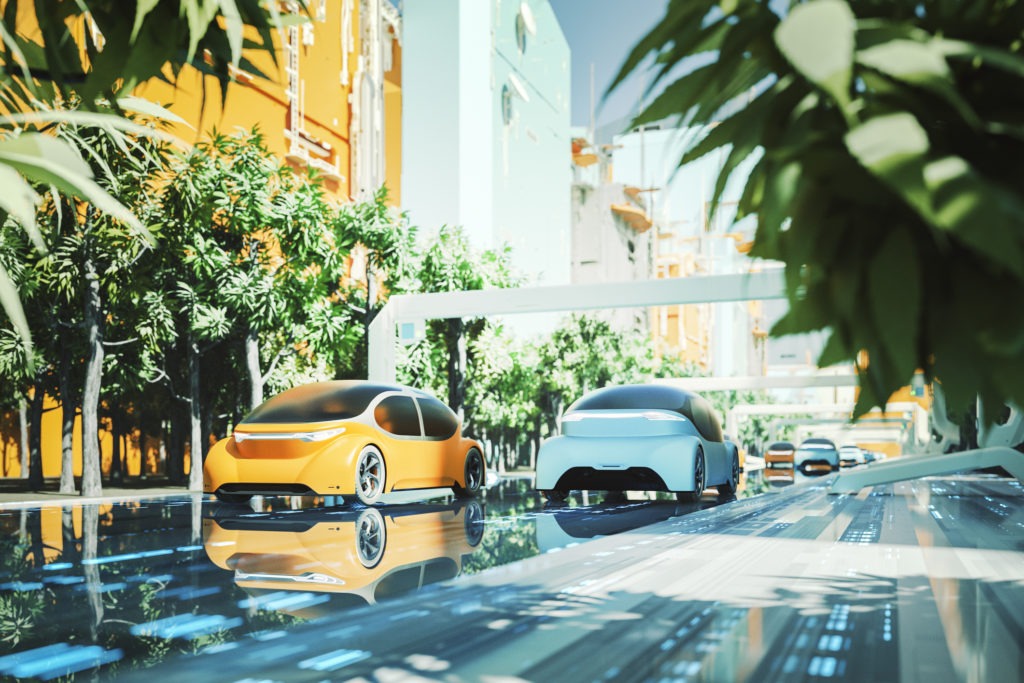Mercedes-Benz to accept collision liability for autonomous-car technology faults
30 March 2022
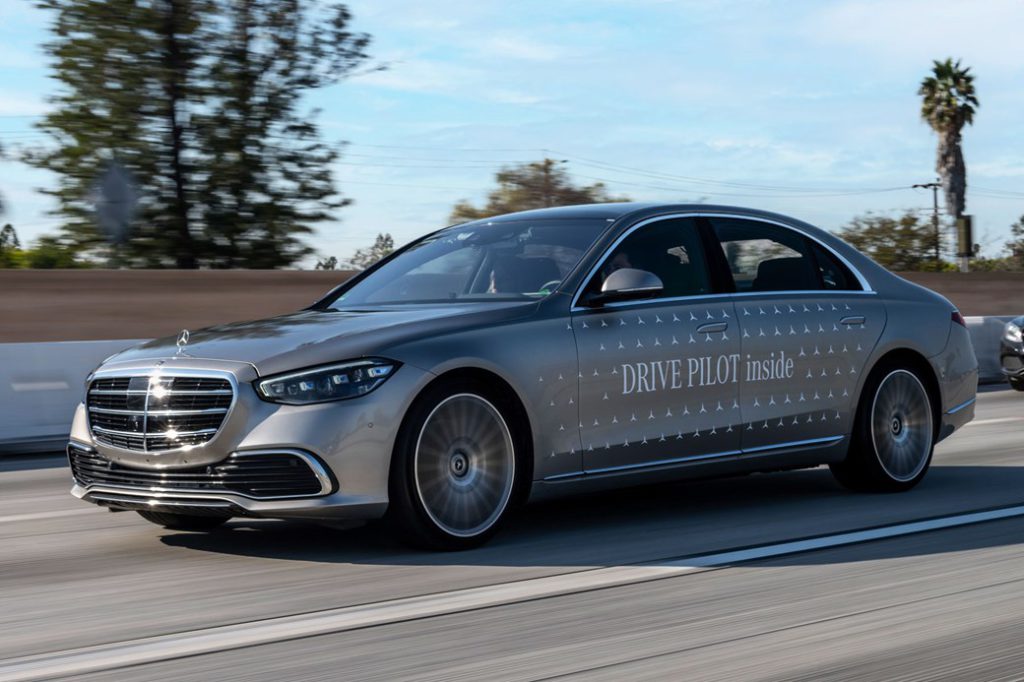
Mercedes-Benz will accept legal responsibility for collisions involving cars fitted with an SAE Level 3 (L3) automated lane-keeping systems (ALKS), according to Thatcham Research. However, the carmaker will only accept liability if the incident was directly caused by a system fault, not if the driver fails to comply with their duty of care.
Autonomous car technology is advancing rapidly but the legal framework required to support it is developing more slowly, with different regions seeing varying levels of progress. In December last year German automotive body, the Kraftfahrt-Bundesamt (KBA), granted type approval to Mercedes-Benz’ ALKS, known as Drive Pilot. This made it the first in the world to meet the requirements of UN Regulation 157 for an SAE L3.
‘What is apparent in the case of Mercedes, the first to have approval for technology that will allow drivers to disengage and do other things, is that when the automated system is in control, the carmaker will be liable,’ said Matthew Avery, chief research strategy officer at Thatcham Research.
Avery explained the issue of liability surrounding autonomous cars is complex and nuanced. Suggesting carmakers will be responsible in all circumstances involving active automated systems is too simplistic, as some collisions will not be their fault. However, this opens up an autonomous can of worms.
Autonomous car technology liability
Trying to define drivers of autonomous cars have failed to comply with their duty of care will be difficult. In some cases, it might be obvious, such as a driver not taking back control of the vehicle when prompted. But other situations might not be so clear cut. For example, drivers of autonojus cars will need absolute clarity on their operation and legal responsibilities. If not, they may end up using an autonomous driving system when they are not supposed to.
Then there is the ‘handover’ period to consider. The amount of time it takes for the driver to resume controlling the vehicle following a request could become extended the more comfortable they with the technology are. This will make the collection of detailed datasets essential.
‘Insurance claims will require scrutiny, so the provision of data to help insurers understand who was in control of the vehicle at the time of an accident, system or driver, will also be vital,’ Avery said. If confusion around liability reigns in drawn-out legal cases, trust in automated systems will diminish resulting in slower adoption of autonomous car technology.
Defining collision liability
To get a better understanding of liability in relation to autonomous cars, Autovista24 contacted Mercedes-Benz. The company said the system must safely perform the driving task when activated. But the driver will still have duties relating to public traffic even during conditionally automated driving and must take back control upon request.
‘Liability in the event of an accident is determined by the circumstances of each individual case. If, for example, the driver fails to comply with their duty of care and causes an accident as a result, they are liable alongside the owner for the resulting damage,’ a spokesperson said.
Furthermore, the manufacturer may be liable under product and producer liability for damage caused by a defective product, which of course applies to automated cars and conventional ones. ‘For the area of automated driving, we as manufacturers still consider the existing, traditional liability regime for road accidents with the combination of owner, driver and manufacturer liability to be unrestrictedly suitable,’ the spokesperson added.
Studying autonomous development
In its 2021 SocAIty study, Audi set about trying to answer some of the legal, ethical and data-based questions generated by autonomous car technology. With the help of 19 scientific, policy, and economic experts from across the world, it aimed to generate an ongoing discussion around the impact of self-driving cars.
In a Q&A, project manager Saskia Lexen said the study identifies more collaborative paths on the journey for legal and ethical answers. There is a need for an interdisciplinary and solution-oriented approach in the pursuit of international legal standards.
This is because the topic is complex, dependent on so many different factors that cannot be resolved by individuals. So, technology developers could work with regulators to better cement legal foundations for autonomous cars.
‘That way, legislators themselves develop a technical understanding and, conversely, the manufacturer would benefit from the fact that the legislation being enacted beyond developments in technology or on the market,’ Lexen said.
